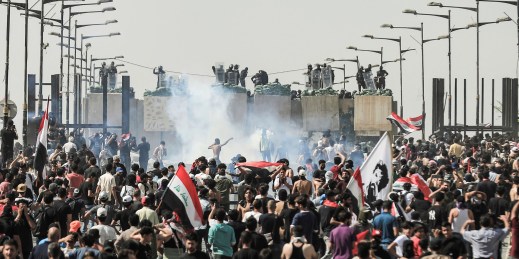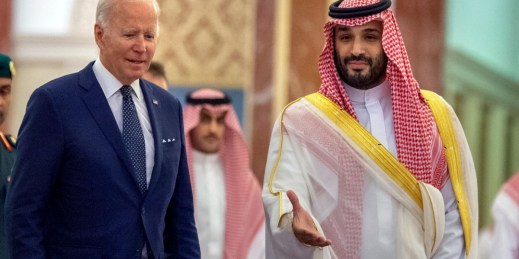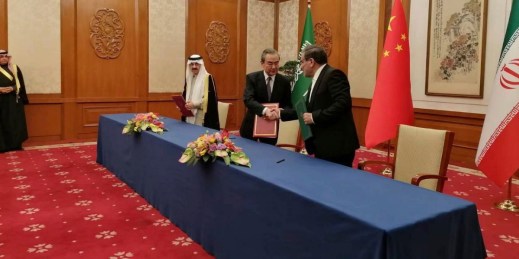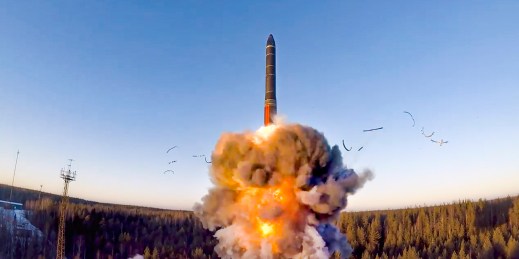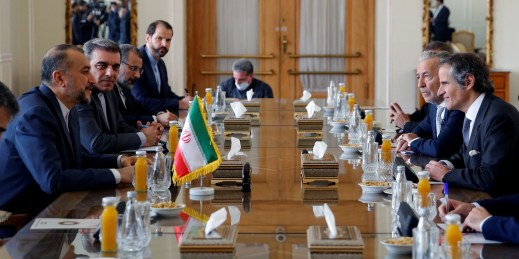
Earlier this month, Iran and the International Atomic Energy Agency reached an agreement to reestablish certain transparency measures at select nuclear sites. Amid growing concern over Iran’s expanding nuclear activities, the deal is a positive step that bodes well for international efforts to contain Iran’s nuclear program.

